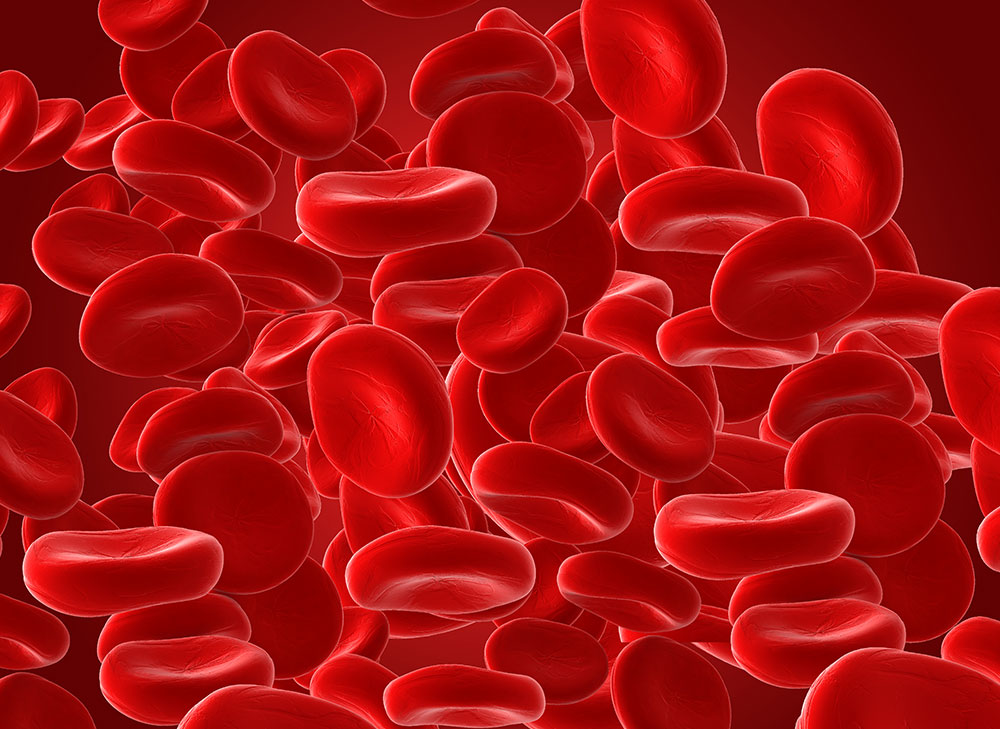Reminder: Genetic carrier screening for cystic fibrosis, spinal muscular atrophy, and fragile X syndrome is now bulk-billed. For more information, please click here.
Several conditions that are common in pregnant women during the later stages of pregnancy, such as diabetes and iron deficiency, may continue post-birth. It is, therefore, important that testing is carried out to confirm whether these conditions have resolved or whether they need to be continually monitored and treated.
Newborn Bloodspot Screening
Every newborn baby in Australia is offered a newborn screening test, which requires taking a small drop of blood with a heel prick, to screen for rare but serious medical conditions, such as cystic fibrosis, phenylketonuria (PKU) and hypothyroidism. Testing for these conditions early can be helpful, as treating them as soon as possible may help prevent further complications and health problems.
Test Type: Heel Prick Bloodspot Test

Type 2 Diabetes
For most pregnant women with gestational diabetes, the diabetes resolves after the birth and their blood sugars return to normal levels. However, for some women, their blood glucose levels will continue to remain high. Both women who have had gestational diabetes and their baby are at higher risk of developing type 2 diabetes later in life. Depending on risk factors, the mother will need to be tested for type 2 diabetes every one to three years.
If you were diagnosed with gestational diabetes during pregnancy, your blood glucose levels will be measured for a few days after your baby is born, to make sure that they are within the recommended range. Your doctor will order an oral glucose tolerance test (OGTT) 6 to 12 weeks after your baby is born, to check that the diabetes has gone away.
Test Type: Blood Tests

Thyroid Function Testing (TFT)
If you had thyroid disorders during your pregnancy, your doctor will request postnatal thyroid function testing, to check that your thyroid hormone levels have returned to normal. Postpartum thyroiditis may present months after delivery.
Test Type: Blood Test

Haemoglobin and Iron Levels
If you had a low haemoglobin count or iron deficiency during pregnancy, your doctor may order a full blood count (FBC) test and iron studies test post-pregnancy, to ensure that you don’t have iron deficiency/anaemia.
Test Type: Blood Test

